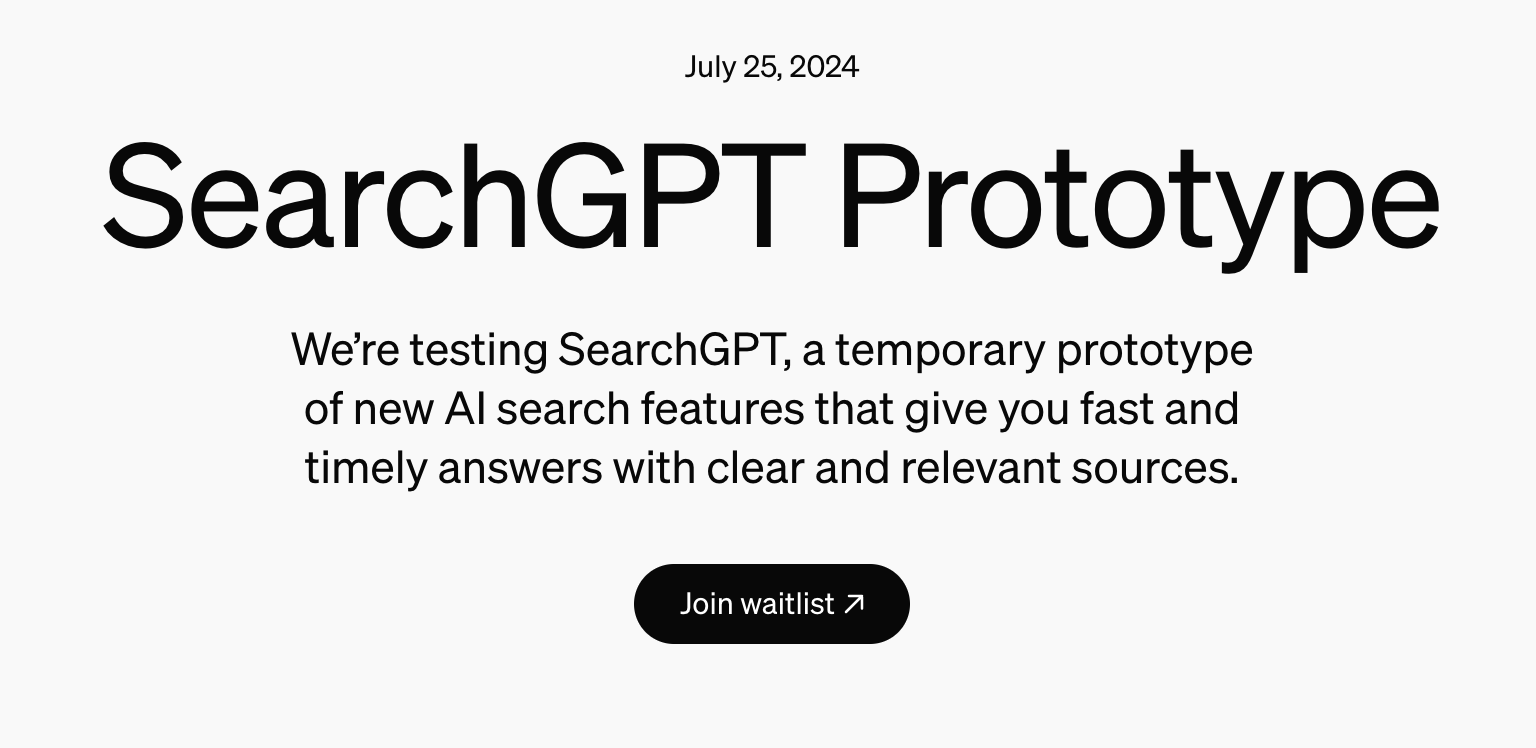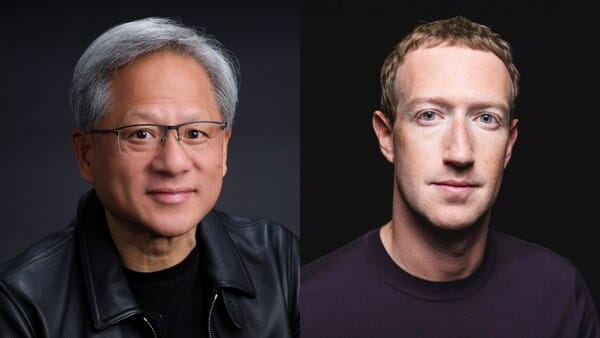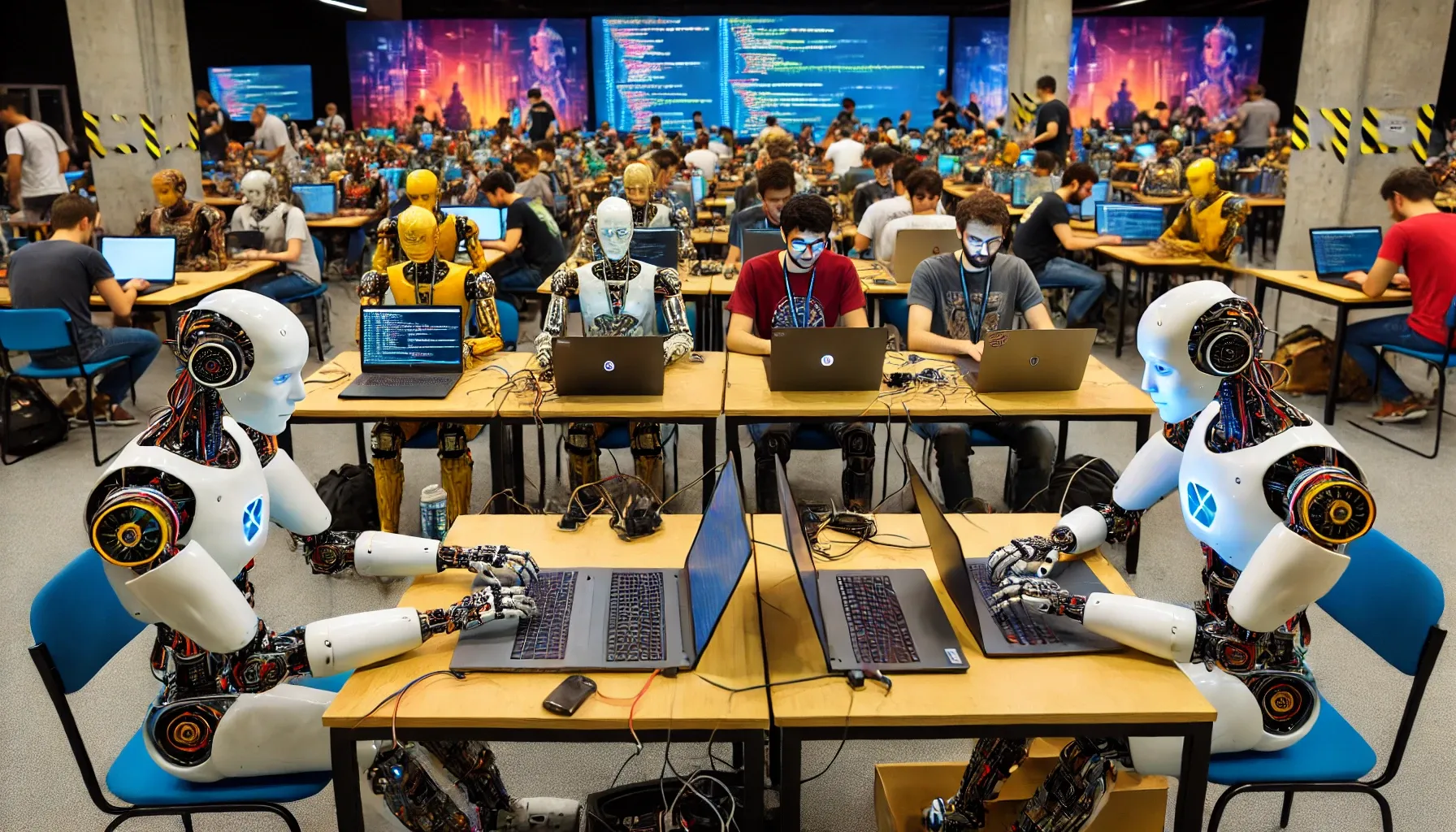With much fanfare, OpenAI announced on Thursday that it had something new up its sleeve: SearchGPT.
Which, by its name alone, was guaranteed to make Google break out into a cold sweat. (And Perplexity, too, by the way.)
And because it’s already been a tough year for Google, this could not have been welcome news to the as-yet unchallenged search giant.
That said, rumors have swirled for several months that this was in the works at OpenAI, so it was no real surprise when SearchGPT was announced this week. And, in fact, this wasn’t a true launch, but an announcement that the company was testing a "temporary prototype."
But what was surprising to many was that OpenAI pulled a Google in its demo. Yes, they did! Do you remember way back in February of 2023 when Google bungled its demo of Bard? In the prerecorded demo, the tool indicated that the James Webb Space Telescope “took the very first pictures of a planet outside of our own solar system.”
Which would be cool if it were true, but as real space geeks can tell you, that honor went to the European Southern Observatory’s Very Large Telescope (how’s that for a name?) back in 2004.
Anyway, it’s one thing to have your beta not operate perfectly, but it’s entirely something else when your carefully crafted, prerecorded demo has an easily fact-checked error in it. Especially when the tool’s sole purpose is to deliver reliable information.
Which begs the question: How did SearchGPT screw up its demo? Basically, the tool reported incorrect information about a music festival in Boone, North Carolina, indicating that it was taking place in August of this year. Unfortunately for OpenAI, the Appalachian Summer Festival ends today, on July 27, and SearchGPT didn’t quite catch that detail. Instead, it misread the fact that the box office would be closed for the first half of August as meaning that the festival was in August.
So, in the big picture, OpenAI helped Google feel a little better about itself this week. And that’s not a bad thing, right? After all, that’s what good friends do for each other.
And ultimately, as we all know, accidents happen. None of us is perfect. And this wasn’t the worst error the tool could have made. But as Matteo Wong articulated in a story titled, “OopsGPT” in The Atlantic this week, “Herein lies one of the biggest problems with tech companies’ prophecies about an AI change: Chatbots are supposed to revolutionize first the internet and then the physical world. For now they can’t properly copy-paste from a music festival’s website [emphasis added].”
Ouch. Maybe it’s time to retire Mark Zuckerberg’s old axiom, “Move fast and break things.” Yes, that directive appears to have worked pretty well for Facebook and many other companies in an earlier era. However, in the generative AI world that we’re now living in, as ultracompetitive as it is, but with much higher stakes and everyone watching closely, it might make sense to focus on getting more things right before you hit “Publish.”










